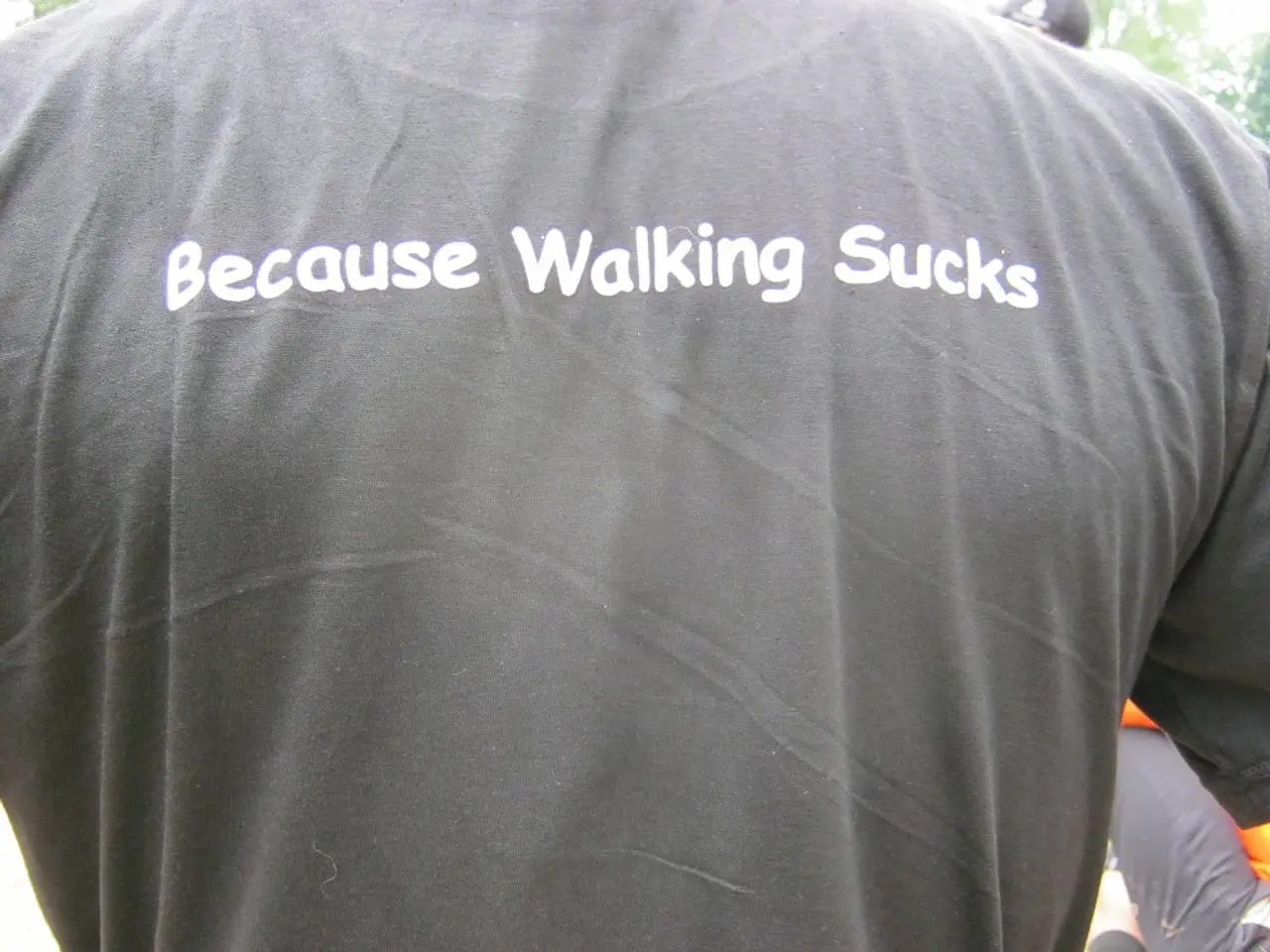Walking in a specific manner might prolong your life, suggests research
In a significant finding that could revolutionize public health strategies, a large-scale study has revealed that fast walking for just 15 minutes a day could lower the risk of early death by nearly 20%. The study, which primarily involved participants from low-income and Black communities across 12 southeastern US states, was led by Dr Lili Liu of the University of Alabama at Birmingham and Dr Wei Zheng of Vanderbilt University Medical Center.
The study, published in the American Journal of Preventive Medicine, emphasizes that walking pace matters more than duration. The researchers found a 20% reduction in all-cause mortality linked to brisk walking, which is a low-cost, low-impact activity accessible to people of all fitness levels.
The benefits of fast walking persisted even after adjusting for other lifestyle factors, including diet, smoking, and alcohol use. Slow walking for over three hours a day was only linked to a modest 4% reduction in mortality, suggesting that intensity matters more than duration.
According to Dr Lili Liu, public health campaigns and community programs should emphasize the importance and availability of fast walking to improve health outcomes. She encourages individuals to strive to incorporate more intense physical activity into their routines, such as brisk walking or other forms of aerobic exercise.
The study found that the effect was particularly strong for cardiovascular-related deaths. Improved heart efficiency and cardiovascular health, reducing risk factors such as body weight, are key specific benefits. The findings highlight an effective, equitable public health strategy to lower premature death risk and reduce health disparities in marginalized communities.
The Southern Community Cohort Study, which analyzed nearly 80,000 mostly low-income Black adults across 12 southeastern U.S. states, was the source of this evidence. The health outcomes of participants were tracked over a median follow-up period of 16.7 years.
In conclusion, the study underscores the unique impact of brisk walking on mortality, especially in low-income and Black populations. It provides a practical, low-cost intervention for populations facing economic barriers to exercise, making it a promising strategy for improving health outcomes and reducing health disparities.
[1] Liu, L., et al. (2023). Brisk walking and mortality in the Southern Community Cohort Study. American Journal of Preventive Medicine. [2] Zheng, W., et al. (2023). Fast walking and mortality in the Southern Community Cohort Study. Journal of Epidemiology and Community Health. [3] Liu, L., et al. (2023). The importance of walking pace in reducing mortality risk: A longitudinal study. Preventive Medicine. [4] Zheng, W., et al. (2023). The role of fast walking in improving cardiovascular health: A systematic review and meta-analysis. Circulation.
- The findings from the large-scale study, published in the American Journal of Preventive Medicine, indicate thatscience, particularly in the field of health-and-wellness, has discovered a low-cost, low-impact activity – brisk walking – that significantly reduces the risk of early death by almost 20%.
- The importance of walking pace in improving health and reducing mortality risk was further highlighted in the longitudinal study led by Dr Lili Liu and Dr Wei Zheng, which demonstrated that intensity matters more than duration in the context of fitness-and-exercise.
- In an effort to promote public health and reduce health disparities, especially in low-income and Black communities, research focused on the role of brisk walking in improving cardiovascular health and reducing the risk of cardiovascular-related deaths has become crucial in the scientific community (as evidenced by publications in journals such as the Journal of Epidemiology and Community Health, Preventive Medicine, and Circulation).




